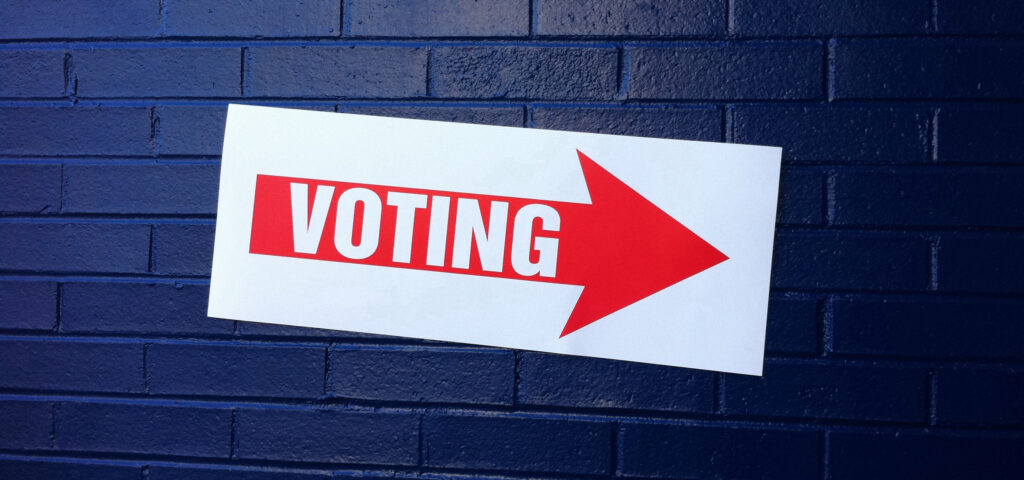Off-cycle elections—such as the one we mostly didn’t vote in on Tuesday—are the steamed peas of the American political process. They are tolerated, but they draw minimal interest, attracting far fewer voters than quadrennial presidential elections and biennial congressional races. And the conventional wisdom is that this redounds to the benefit of Republicans, who tend to vote more regularly (they skew older and are more vested in local institutions) than Democrats. But that’s not always the case.
So what’s it all mean? Sarah Anzia, an assistant professor at UC Berkeley’s Goldman School of Public Policy, provides some take-aways in her book, Timing and Turnout: How Off-Cycle Elections Favor Organized Groups. In her research, Anzia determined that most voters— Democrats and Republicans—prefer consolidated elections. They don’t want to keep traipsing back to the polling booths year after year, just to vote on one picayune issue or another.
But the organizations that represent particular blocs of voters (otherwise known as special interest groups) don’t see things that way. Regardless of political orientation, they can benefit from low voter turn-out because they can usually convince enough of their members to get out to the polls to pass specific measures. Anzia found, for example, that teachers and public employees typically come out of off-cycle elections with bigger paychecks and enhanced benefits.
And despite the perception that Republicans are the default benefactors of off-cycle voting, Anzia determined that Democrat-aligned organizations are particularly resistant to election consolidation. She examined 102 bills drafted between 2001 and 2011; all were designed to consolidate school board elections with other elections. Confounding the conventional wisdom, 72 were supported exclusively or mainly by Republicans, while 23 had backing predominantly from Democrats. And the Republican bills, on the whole, were stronger than the Democrat bills.
Of course, teachers and public employees aren’t the only beneficiaries of off-cycle elections. Corporate interests can also reap dividends. Case in point: San Francisco’s Measure F, the initiative aimed at restricting short-term rentals in San Francisco. “F” supporters claimed affordable rentals were disappearing in the city because homeowners were letting their domiciles to tourists. The main driver behind the online room rental business—San Francisco-based Airbnb—begged to differ. The company plowed $8 million into a No on F campaign. Proponents of the measure countered with a mere $300,000 in promotional funds. In addition, according to Airbnb head of global policy Chris Lehane, the company benefited from the concentrated votes of people who list their properties on Airbnb—so much so that the company now intends to organize 100 such “home-sharing clubs” in other cities to stave off other regulatory attempts.
In San Francisco on Tuesday, voter turnout was anemic: around 40 percent. Measure F needed a simple majority to pass. It got 45 percent of the ballots.





















